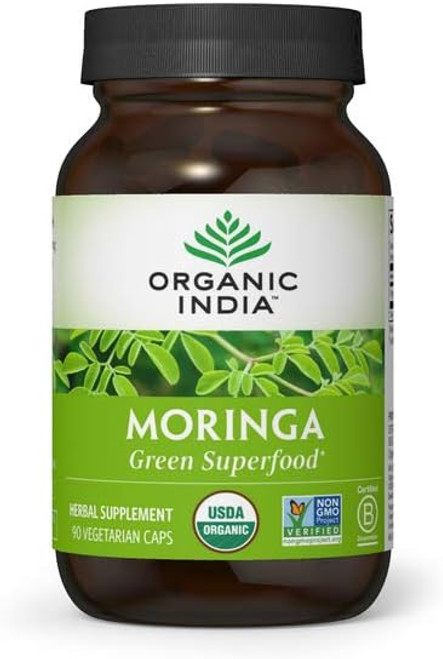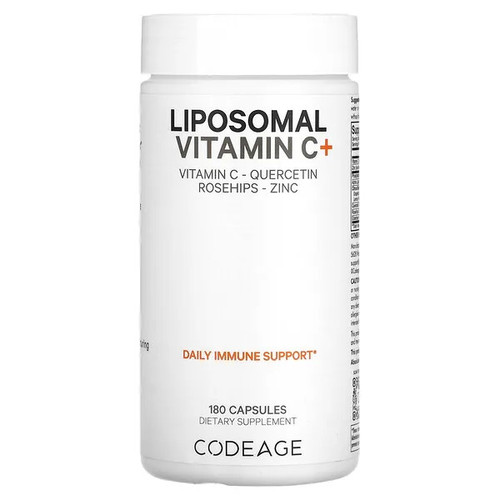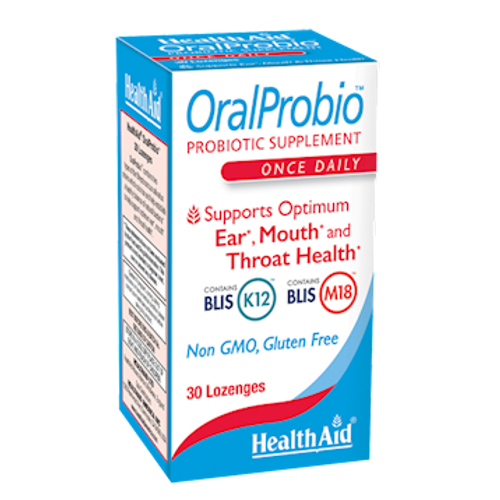Product Description
- HIGH POTENCY NATURAL ANTIOXIDANT - Vitamin E is a very important part of our daily diet. Vitamin E is a potent antioxidant.
- COMPREHENSIVE DAILY NUTRITION - Are you getting enough nutrition from the food you eat? This supplement contains 400 IU of Vitamin E with mixed tocopherols derived from a plant source (i.e. Non-GMO Sunflowers).
- PACKED WITH FOUR TOCOPHEROLS – Our supplement is packed with a total of four different tocopherols that are present in our product: D-alpha, D-beta, D-gamma, and D-delta, as opposed to the commonly found single d-alpha supplements on the market.
- TAILORED FOR VEGANS – Our Vitamin E with mixed tocopherols is 100% vegan & vegetarian, SOY-FREE Formula, NON-GMO Sunflowers and NO ANIMAL INGREDIENTS.
WARNING: Always consult your doctor before taking any dietary supplements.
Tocopherols and Tocotrienols in Common and Emerging Dietary Sources: Occurrence, Applications, and Health Benefits
Abstract
Edible oils are the major natural dietary sources of tocopherols and tocotrienols, collectively known as tocols. Plant foods with low lipid content usually have negligible quantities of tocols. However, seeds and other plant food processing by-products may serve as alternative sources of edible oils with considerable contents of tocopherols and tocotrienols. Tocopherols are among the most important lipid-soluble antioxidants in food as well as in human and animal tissues. Tocopherols are found in lipid-rich regions of cells (e.g., mitochondrial membranes), fat depots, and lipoproteins such as low-density lipoprotein cholesterol. Their health benefits may also be explained by regulation of gene expression, signal transduction, and modulation of cell functions. Potential health benefits of tocols include prevention of certain types of cancer, heart disease, and other chronic ailments. Although deficiencies of tocopherol are uncommon, a continuous intake from common and novel dietary sources of tocopherols and tocotrienols is advantageous. Thus, this contribution will focus on the relevant literature on common and emerging edible oils as a source of tocols. Potential application and health effects as well as the impact of new cultivars as sources of edible oils and their processing discards are presented. Future trends and drawbacks are also briefly covered.
1. Introduction
Edible oils are mainly composed of fatty acids in the form of triacylglycerols, which generate energy for the human body upon metabolism. Additionally, edible oils are sources of minor compounds such as tocopherols, tocotrienols, or both, carotenoids, and phytosterols. Tocopherols are among the most important lipid-soluble antioxidants in food as well as in the human and animal tissues. Tocopherols are found in lipid-rich regions of cells (e.g., mitochondrial membranes), fat depots, and lipoproteins such as low-density lipoprotein cholesterol. Tocopherols and tocotrienols, collectively known as tocols, are phenolic compounds. Although phenolic and polyphenolic compounds such as phenolic acids, flavonoids, anthocyanins, proanthocyanidins, and ellagitannins have received much attention due to their antioxidant activities and potential health benefits [1], tocopherols and tocotrienols and their applications need to be highlighted. Furthermore, tocols may also render positive biological effects by regulating gene expression, by signal transduction, and by modulating cell functions though modulation of protein-membrane interactions [2]. LEARN MORE





















